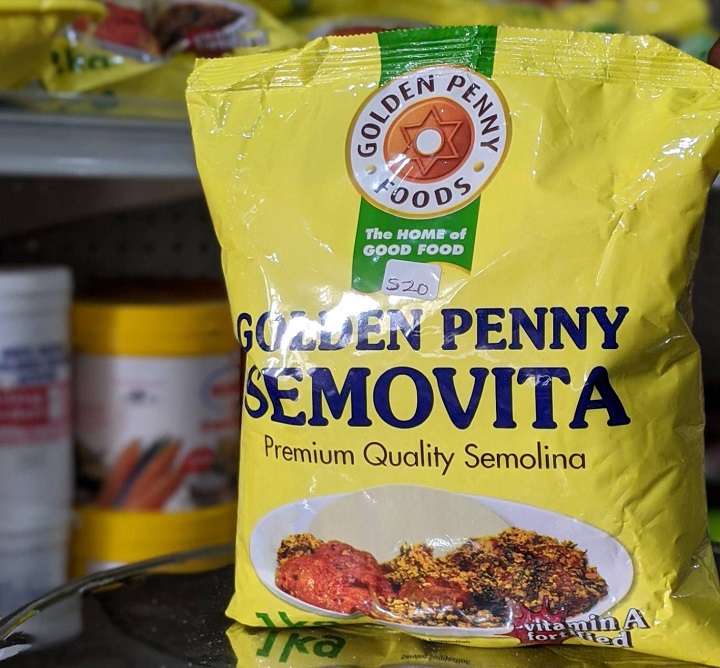The National Agency for Food and Drug Administration and Control (NAFDAC) has debunked reports that Golden Penny semovita contains plastic materials.
Golden Penny semovita is a brand of semolina, a popular flour made from wheat and consumed across the country.
A video on social media shows a woman washing Golden Penny semovita in a sieve with water. After the washing process was done, an elastic residue remained which the woman claimed was plastic.
In a statement on Monday, the agency said a similar video was shown in 2020 which led to an emergency post-marketing analysis using different brands of Semolina.
Advertisement
NAFDAC said upon conducting analytical testing, results showed that there was no plastic or any similar harmful contaminants in Golden Penny semovita.
“NAFDAC, therefore, wishes to inform the general public that the claim in the social media video assertions is misleading,” the statement reads.
WHAT CAUSED THE ELASTIC TEXTURE AFTER SIEVING?
Advertisement
NAFDAC explained that semolina contains gluten which is made up of two classes of proteins — glutenin and gliadin.
The agency said glutenin normally gives bread dough the ability to rise during baking while gliadin provides viscous and elastic properties, or simply makes it extensible and elastic.
This property of gliadin, the agency said, is the rubbery, plastic-like appearance that was exhibited in the video.
According to the statement, Semolina has no plastic content in it but only exhibits viscous and elastic properties.
Advertisement
“The rubbery-like material that was observed in the video after many washings with water is the gluten that formed after the gluten-forming proteins get mixed with water,” NAFDAC said.
“Golden Penny Semovita is manufactured by Flour Mills of Nigeria Plc., a registered company which has been granted marketing authorisation by NAFDAC to manufacture the product and offer it for sale in Nigeria. The company’s operations were certified by NAFDAC after meeting the requirements of good manufacturing practice (GMP) and the relevant Nigerian industrial standards (NIS).
“NAFDAC wishes to reassure the public that Golden Penny Semovita and indeed all other semolina products registered by the Agency are safe for human consumption having been so approved by the Agency, following science-driven regulatory diligence.
“There is no cause for apprehension by consumers as such approved products are manufactured in line with Good manufacturing practice (GMP) and in compliance with the Nigerian industrial standards, which are continuously monitored by NAFDAC.
Advertisement
“Members of the public are implored to exercise discretion in the use of social media to address any suspicion they may have on regulated products. Resorting to social media has the tendency to cause fear and panic.”
Advertisement
Add a comment






